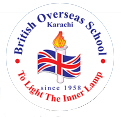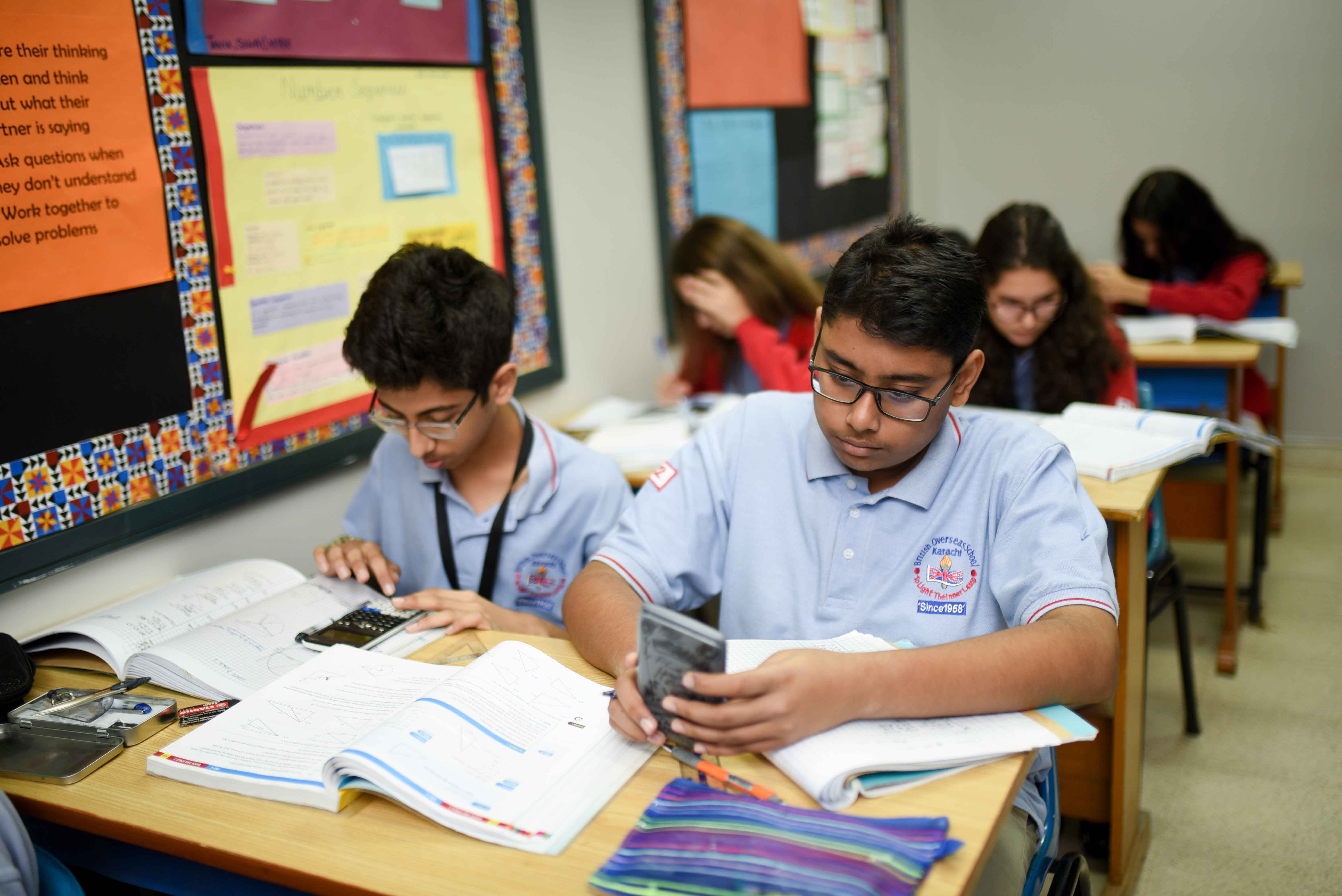Academics at BOS
Mathematics
Mathematics is a language: the language of numbers. It is the language of science, engineering and computing; but it is also the language of music, art and architecture. It permeates our very existence, but still, so many of us throw up our hands and claim mathematical illiteracy.
Mathematical literacy requires an understanding of the number system, a repertoire of computational skills and an ability to solve number problems in a variety of contexts. It also demands practical understanding of the ways in which information is gathered by counting and measuring, and how it is presented in graphs, diagrams, charts and tables.
Like any new language, when we begin to learn it, mathematics can appear to be fiendishly complicated. It has its own rules and its own tools: its own grammar and its own punctuation. The great advantage of mathematics is that those rules are fixed. In mathematics 2 plus 2 always equals 4, whereas ‘i’ is not always before ‘e’, even if it is after ‘c’.
And, like any new language, mathematics is easier when we understand the concepts behind it, when we understand how to use it and when we practise doing just that. At the BOS, whether we are counting, adding and subtracting or calculating the area of a triangle, understanding the underlying concepts is important. From a foundation of understanding we overlay application and from there, just as with any language, the key is practise.
Our approach to mathematics throughout the school is symptomatic of our desire to meld the modern with the traditional. If as parents, you are accustomed to very traditional mathematical methods, you may, at the outset, be utterly bamboozled by the modern strategies and methods that your child is using (often in their heads). But you will recognise that the key to mastering any mathematical method, old or new, is very traditional – practise. And that is what you will see your child doing every day.


